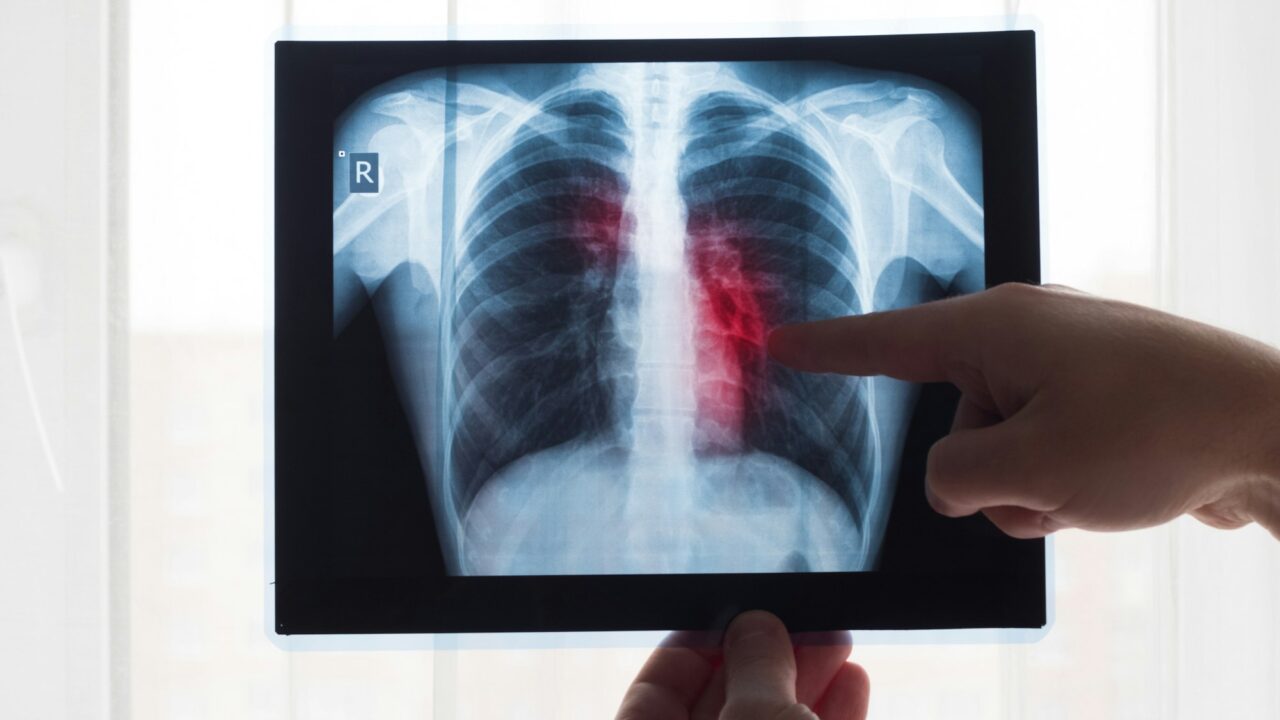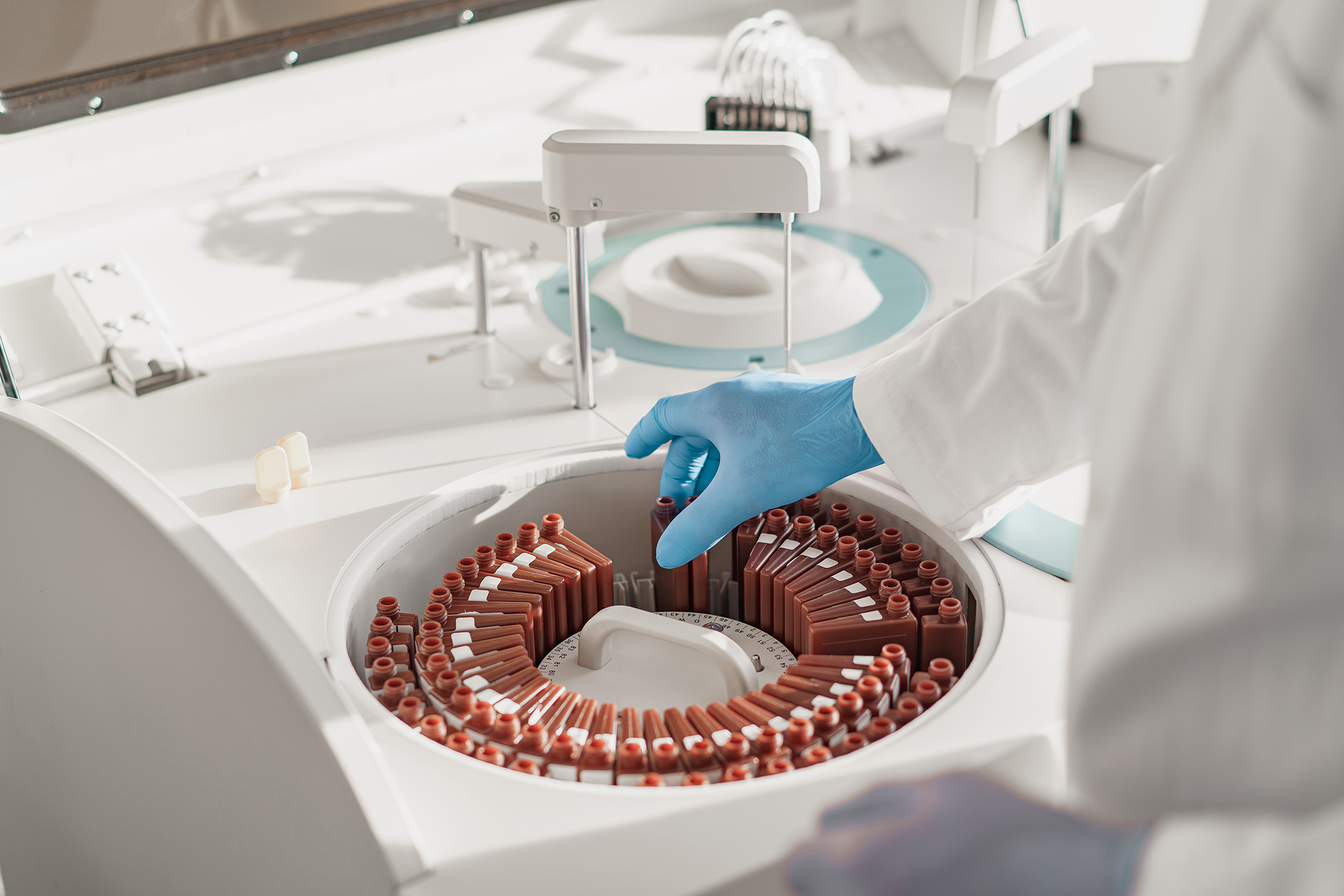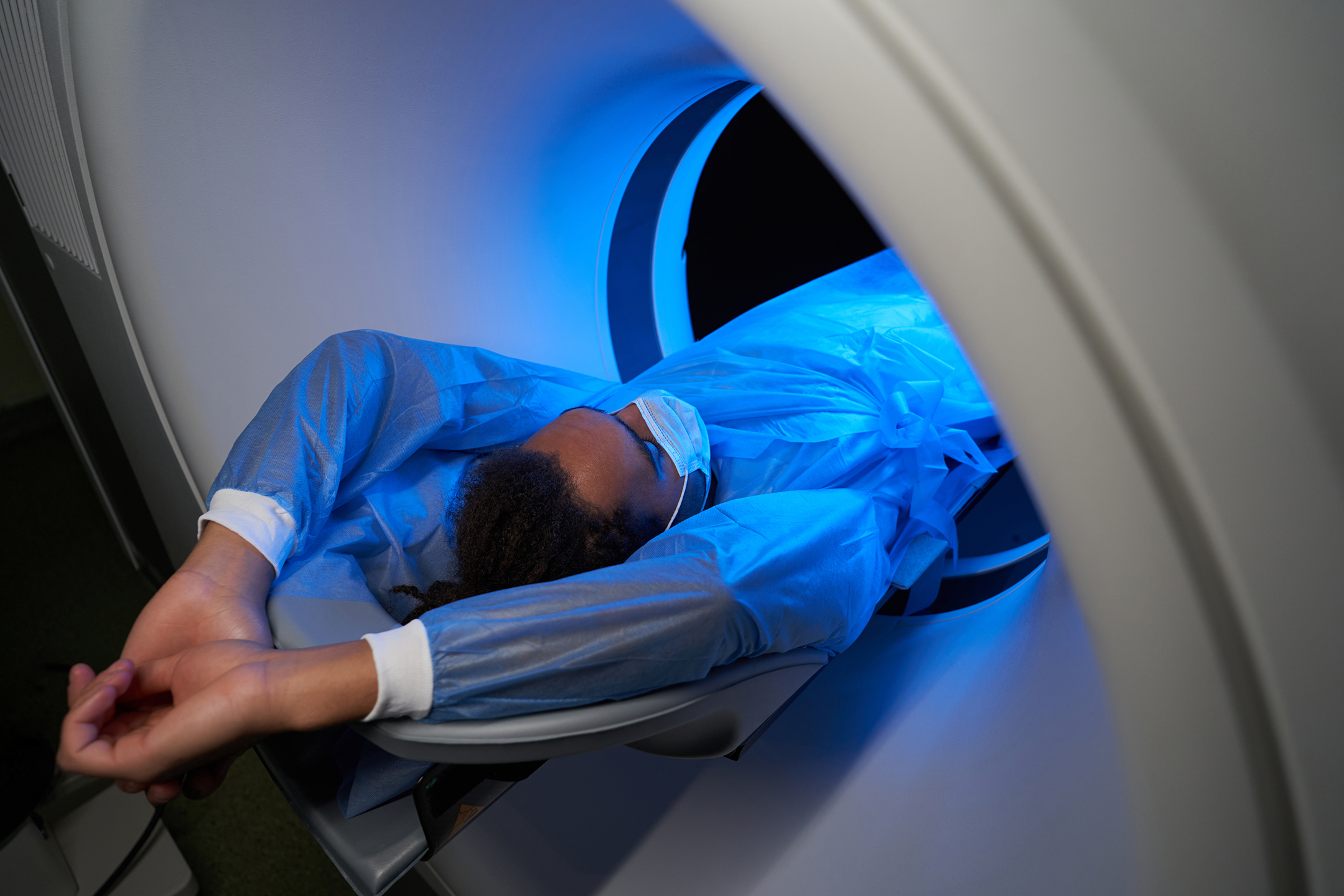MD Anderson and Summit Therapeutics announce strategic collaboration to accelerate development of ivonescimab
The University of Texas MD Anderson Cancer Center and Summit Therapeutics, Inc. announced a strategic five-year collaboration agreement for the purpose of accelerating the development of ivonescimab. Leveraging MD Anderson’s clinical infrastructure and research expertise together with Summit’s innovative, investigational, potential first-in-class PD-1/VEGF bispecific antibody, the collaboration is designed to quickly discover additional opportunities for ivonescimab, including several tumors outside of its current development plan. MD Anderson will lead multiple clinical trials in several tumor types to...











